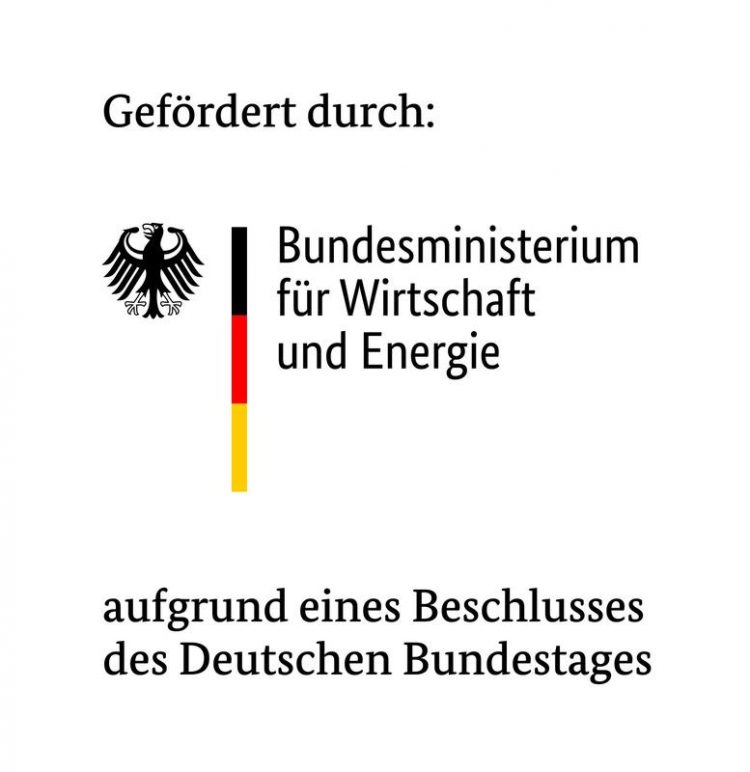Scientists at TU Freiberg develop process for removing microplastics from wastewater

logo German Federal Ministry for Economic Affairs and Energy
Microplastics are becoming more and more widespread, especially in water. The term “microplastics” refers to plastic particles ranging in size from a few nanometres to a few millimetres.
In sewage treatment plants, these tiny particles have so far been difficult to break down or filter.
The professorships for Fluid Mechanics and Flow Machines and for Thermal Process Engineering, Environmental and Natural Materials Process Engineering at the TU Bergakademie Freiberg are dedicated to solving this problem.
They are currently researching a completely new process for wastewater treatment. For this, the scientists are using the effect of hydrogen peroxide.
This is added to the wastewater and settles on the microplastic particles and decomposes into water and oxygen.
The oxygen forms gas bubbles and rises to the water surface together with the plastic particles. There they can finally be fished off.
An innovative detection method should also make it possible to individually adjust the amount of hydrogen peroxide to be added to the respective microplastic contamination of the waste water, thus reducing unnecessary consumption.
The project is funded within the framework of the Central Innovation Programme for SMEs (ZIM). The scientists of TU Freiberg are also supported by innoscripta GmbH, Munich.
Prof. Dr.-Ing. habil. Rüdiger Schwarze, Phone: +49 3731 39 2486
Media Contact
More Information:
http://www.tu-freiberg.de/All latest news from the category: Ecology, The Environment and Conservation
This complex theme deals primarily with interactions between organisms and the environmental factors that impact them, but to a greater extent between individual inanimate environmental factors.
innovations-report offers informative reports and articles on topics such as climate protection, landscape conservation, ecological systems, wildlife and nature parks and ecosystem efficiency and balance.
Newest articles

Properties of new materials for microchips
… can now be measured well. Reseachers of Delft University of Technology demonstrated measuring performance properties of ultrathin silicon membranes. Making ever smaller and more powerful chips requires new ultrathin…

Floating solar’s potential
… to support sustainable development by addressing climate, water, and energy goals holistically. A new study published this week in Nature Energy raises the potential for floating solar photovoltaics (FPV)…

Skyrmions move at record speeds
… a step towards the computing of the future. An international research team led by scientists from the CNRS1 has discovered that the magnetic nanobubbles2 known as skyrmions can be…





















